No seat belts. No airbags. Just air, and coming at you as fast as you like. Motorcycling shouldn’t be allowed, really, but thank God it is. Hanging on to an engine braced between two wheels as you travel through the countryside is worth any dose of mindfulness. The NHS should prescribe it. Even with the cost of broken bones and, alas, the occasional overheads of the mortuary, it would save money on mental health treatments.
Your senses are stimulated in a way that is impossible in a car, with the force of movement intensifying an ordinary experience. Smells and temperature become suddenly distinct as you dip or rise, fly through conifer or broad leaf, past farmyards and bonfires. Other traffic on a good sweeping road becomes an irrelevance. You just fire past it as your arms stretch and eyes weep in the welt of acceleration.
I have taken to riding regularly with an old friend of my wife about whom I never worried much until I discovered he was a regular petrolhead. Our trips have, through accident, become small literary pilgrimages. First we ended up in Stratford. A short leather-creaking distance from the centre, we paid tribute to Shakespeare in Holy Trinity Church. Apparently he and four of his family lie only three feet below the surface, unencased and in shrouds.
On our next trip, heading back from the Ace Café, 1950s hangout of the Ton-up Boys, we dropped into Stoke Poges to see Gray’s country churchyard. This, my friend told
me, was where his father-in-law had for many years been the vicar. By providence or coincidence, his wife, mother-in-law and two grown-up kids turned up to tend the grave as we were leaving. A few weeks later, we went to Chichester to pay homage to the knight, his lady and the little dogs at their feet so ambiguously given another afterlife in Philip Larkin’s ‘An Arundel Tomb’.
This Sunday it was Little Gidding in Cambridgeshire, where Nicholas Ferrar and his extended family founded an Anglican community in the 17th century, producing manuscripts of bibles and metaphysical verse. The spare, calligraphically sinuous manuscript of George Herbert’s ‘The Temple’ was copied out here by the daughters, perhaps under the poet’s direction as he lay dying. The church is tiny, domestically intimate, and lit only by candles. It moved T.S. Eliot to write the last of his ‘Four Quartets’.
As we fret about diesel and self–driving cars become ever more viable, motor-cycling sticks us right back into the visceral here and now. There is no elsewhere — only that bend you have to commit to correctly, the road surface to assess, that overtake to nail. The beginning and end of a ride are not separated in the metallic parenthesis of car or train, but a thrillingly immediate narrative of place and feeling — like the best kind of poem. Maybe, as Eliot put it in ‘Little Gidding’, ‘the intersection of the timeless moment/Is England and nowhere. Never and always.’
I can’t tell you how quickly I went on the way back to Oxford, but those long, low-rise distribution centres around Milton Keynes that try unsuccessfully to slink into the landscape with their colours of sky and field barely registered at all. Byron next.
Got something to add? Join the discussion and comment below.
Get 10 issues for just $10
Subscribe to The Spectator Australia today for the next 10 magazine issues, plus full online access, for just $10.
You might disagree with half of it, but you’ll enjoy reading all of it. Try your first month for free, then just $2 a week for the remainder of your first year.

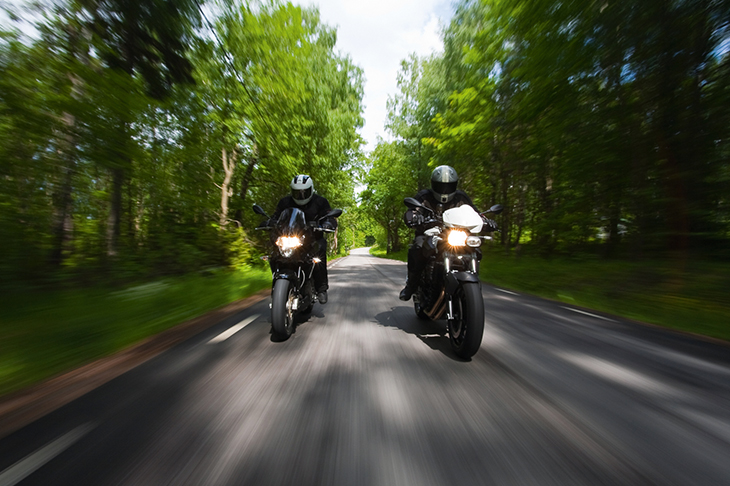
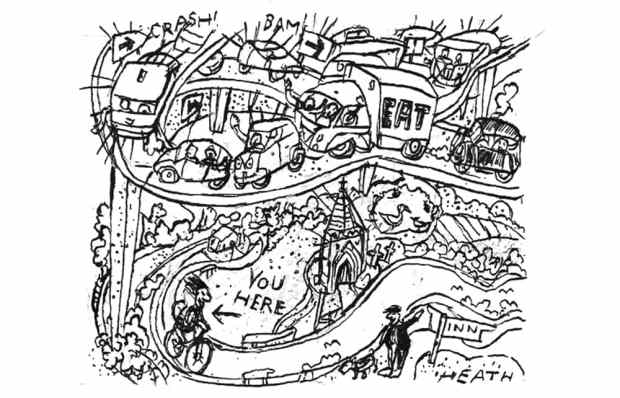
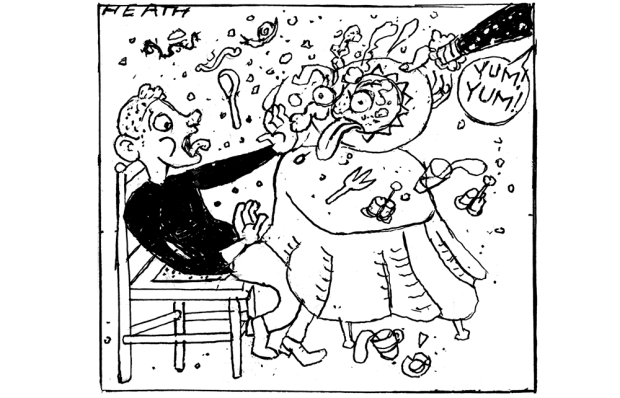
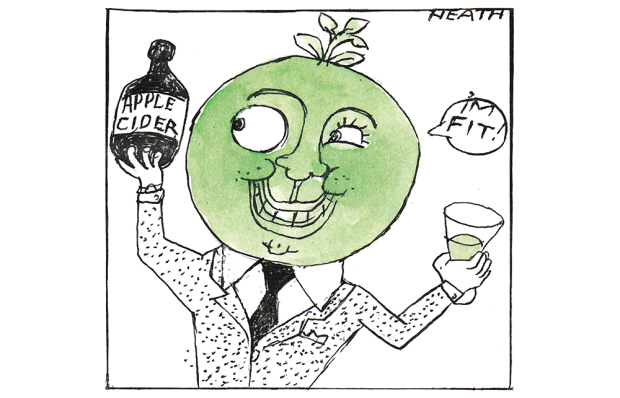

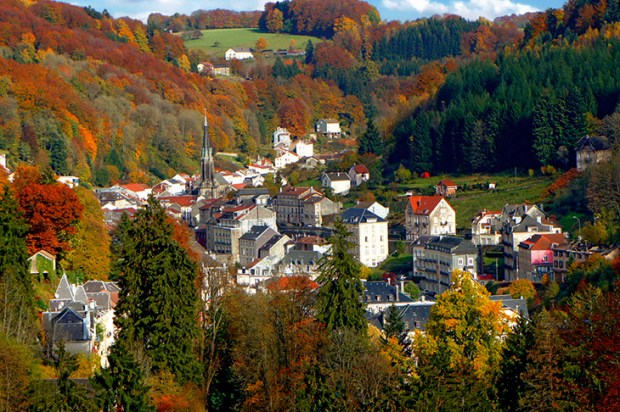







Comments
Don't miss out
Join the conversation with other Spectator Australia readers. Subscribe to leave a comment.
SUBSCRIBEAlready a subscriber? Log in